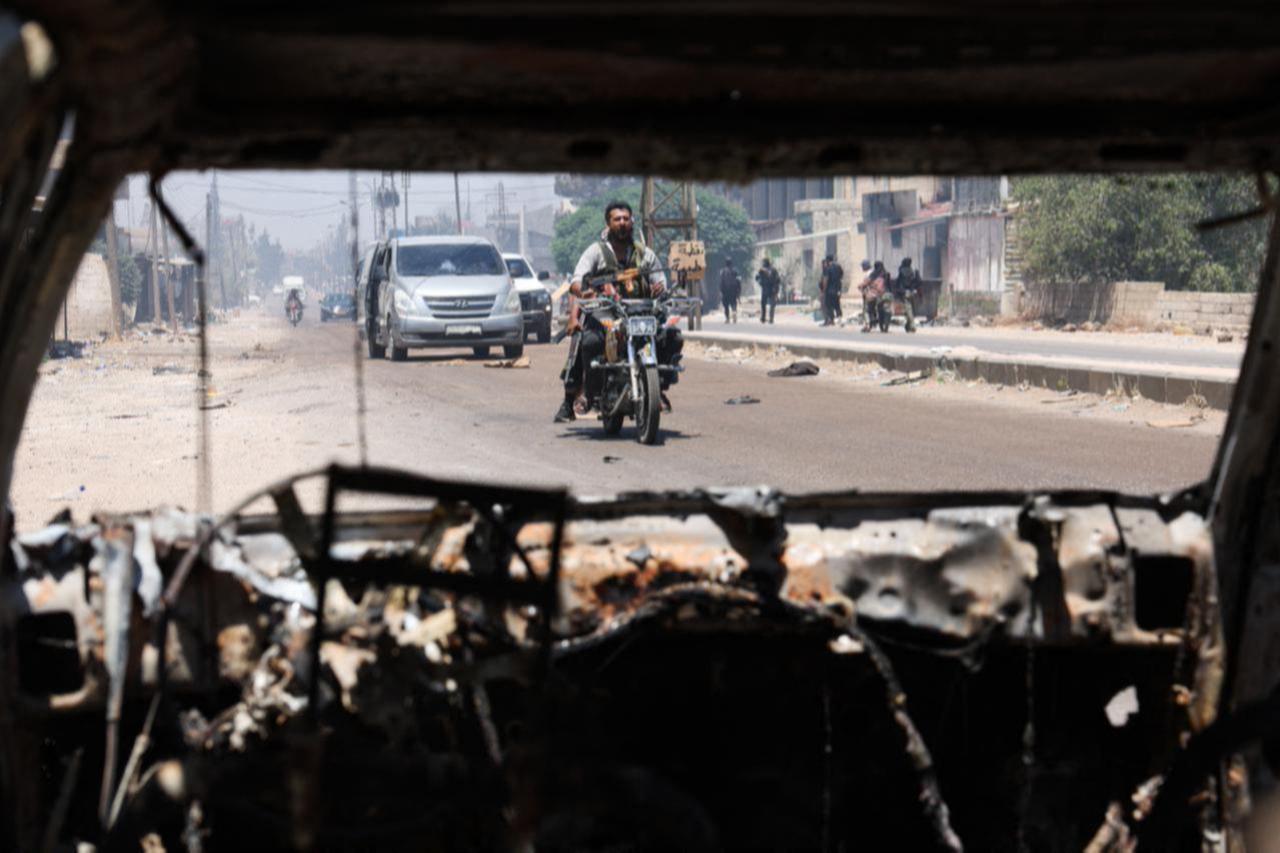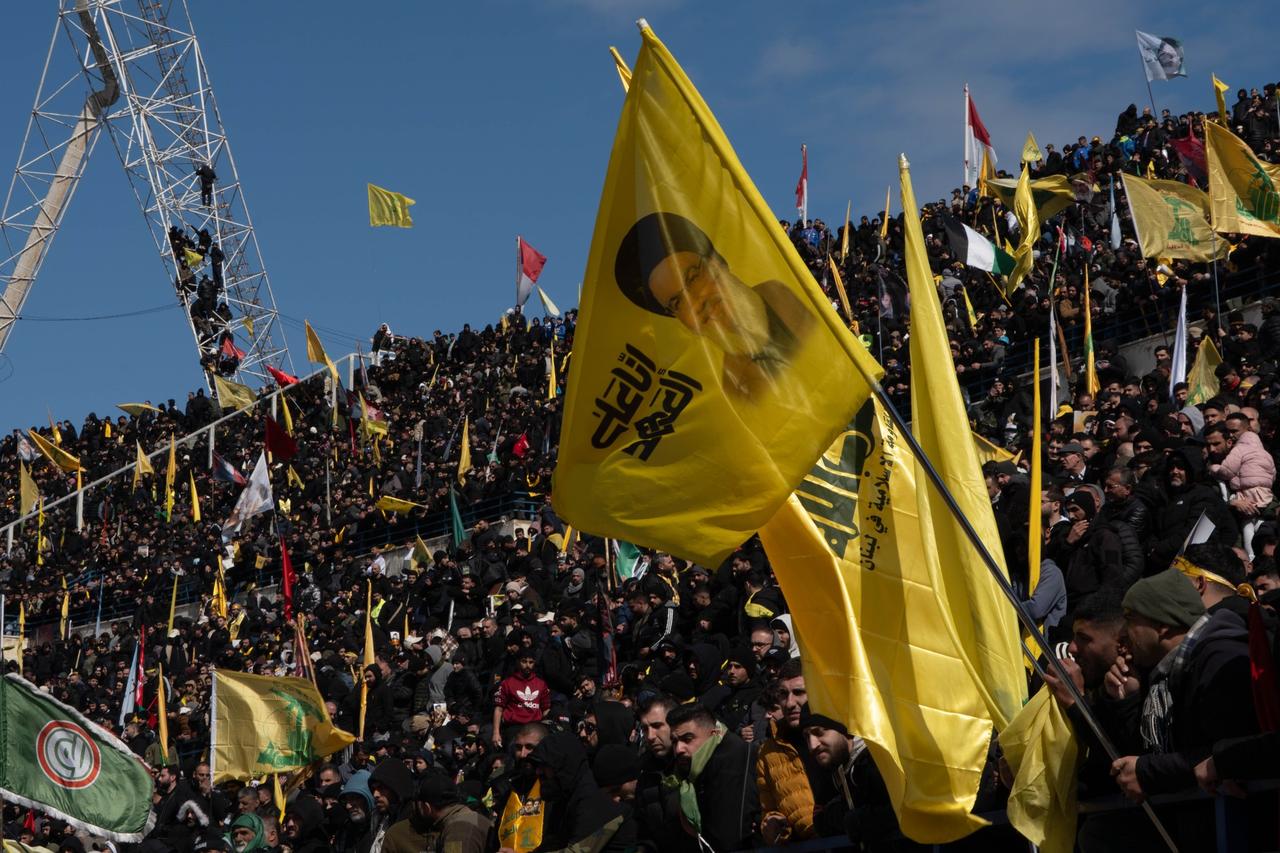
Syrian authorities said Thursday they dismantled a cell affiliated with Lebanon’s Hezbollah, a longtime ally of ousted regime leader Bashar al-Assad, though the Iran-backed group denied any presence in the country.
“Specialised units in cooperation with the general intelligence service… were able to arrest a terrorist cell belonging to the Hezbollah militia that was active” in the Damascus countryside, Syria’s Interior Ministry said in a statement carried by local media.
The ministry said preliminary investigations showed the detainees had trained in military camps in Lebanon and were planning operations inside Syria “that threaten national security and stability.”

Weapons and ammunition including Grad-type rockets, launchers, and anti-tank missiles were seized, and the case was referred to the judiciary, the statement added.
Hezbollah rejected the allegations, saying in a statement that the group “does not have any presence nor carries out any activity on Syrian territory” and reaffirmed its commitment to “Syria’s stability and the security of its people.”
Hezbollah fighters played a pivotal role in helping Assad’s government regain territory during Syria’s civil war, which began in 2011 after the violent crackdown on anti-government protests.
In March, clashes erupted along the Lebanese-Syrian border after Damascus accused Hezbollah of abducting and killing three Syrian soldiers — an allegation the group denied.
The Syrian government has stepped up security operations along its borders, especially with Lebanon, to counter drug trafficking and armed groups operating outside state control. The Lebanese-Syrian frontier stretches about 375 kilometers (233 miles), with six official crossings and long stretches that remain porous and unmarked.
Since Assad fled to Russia in December 2024 after nearly 25 years in power, Syria has been governed by a transitional administration led by President Ahmad al-Sharaa. The new leadership has sought to implement political and economic reforms, strengthen social cohesion, and expand cooperation with regional and international partners.